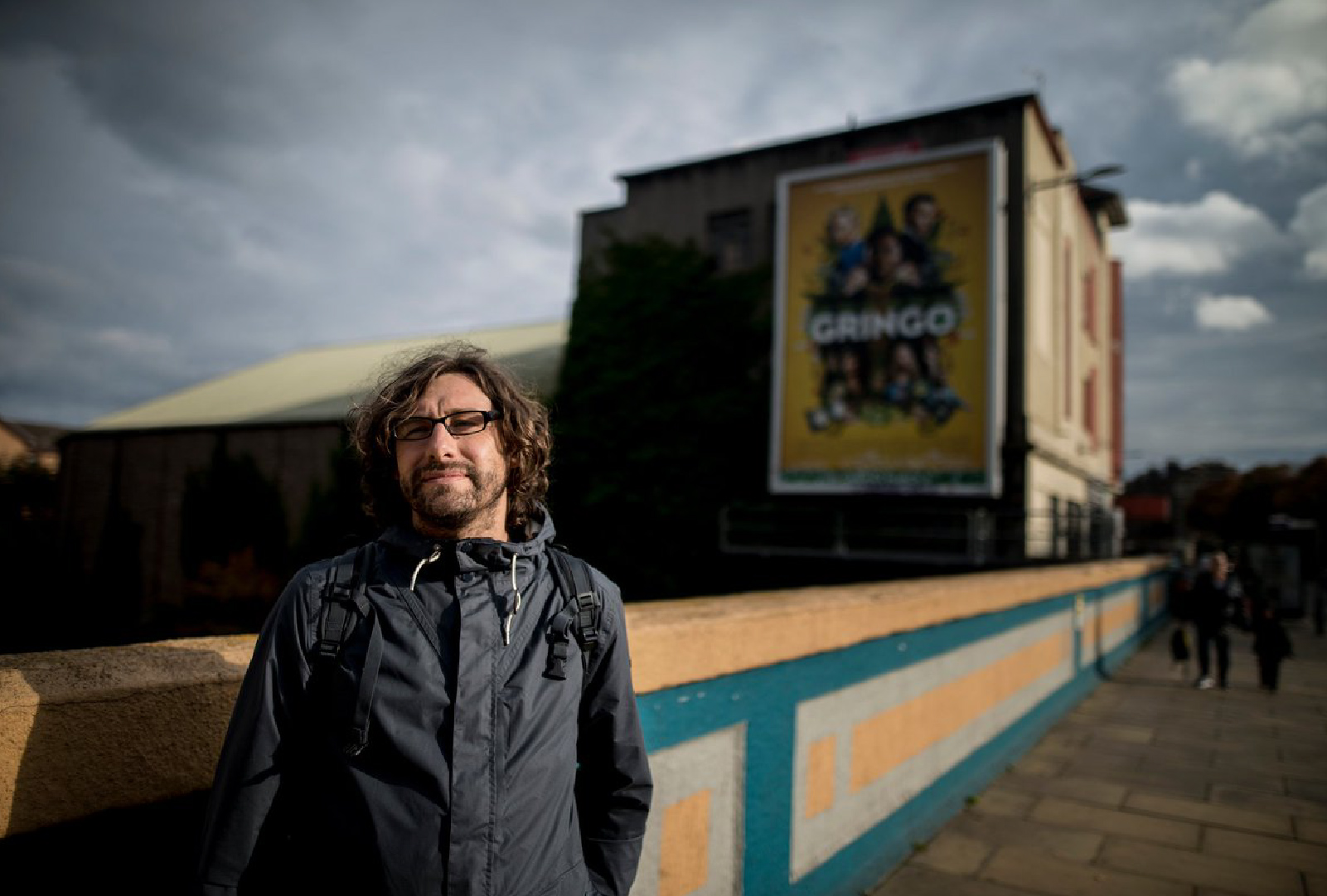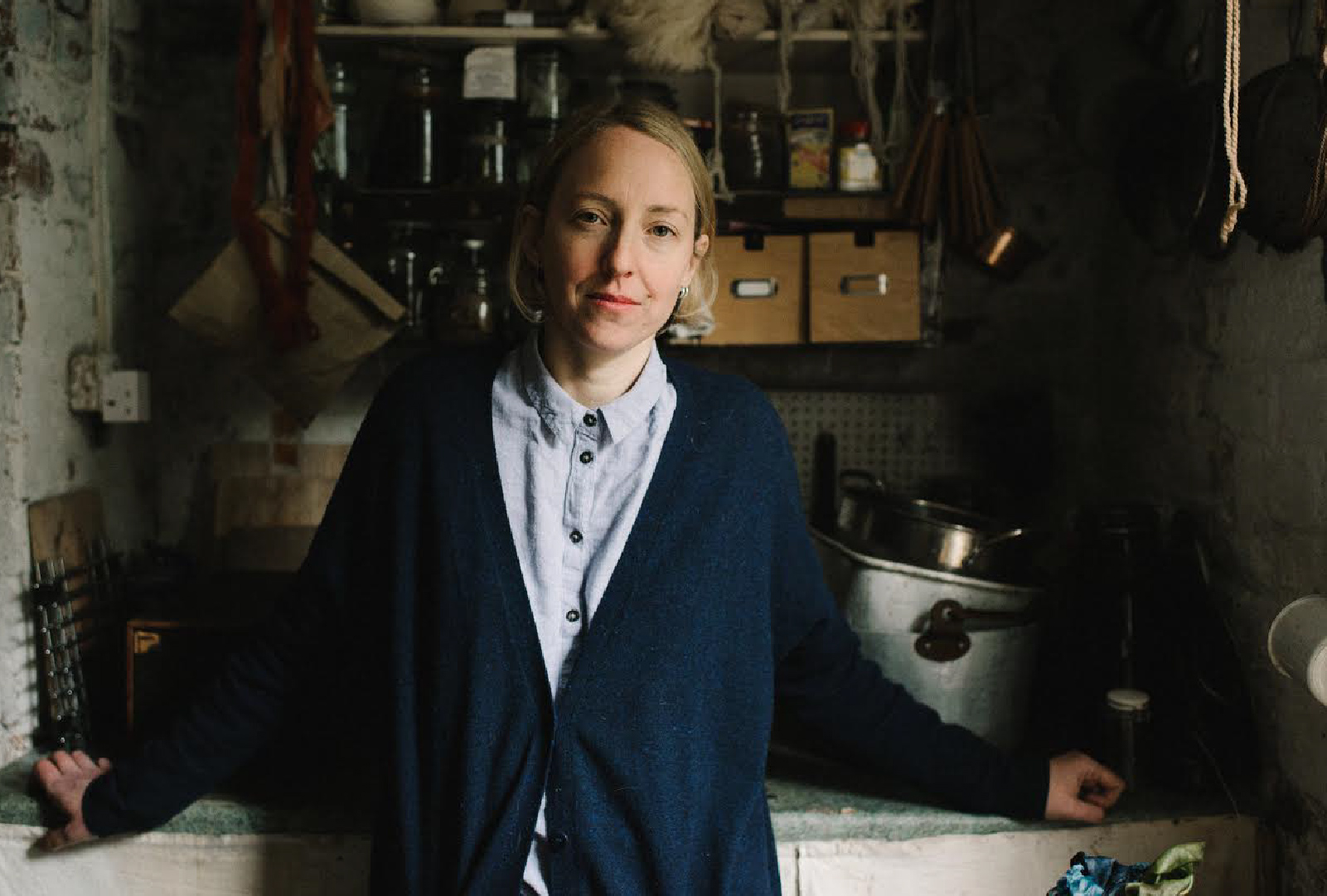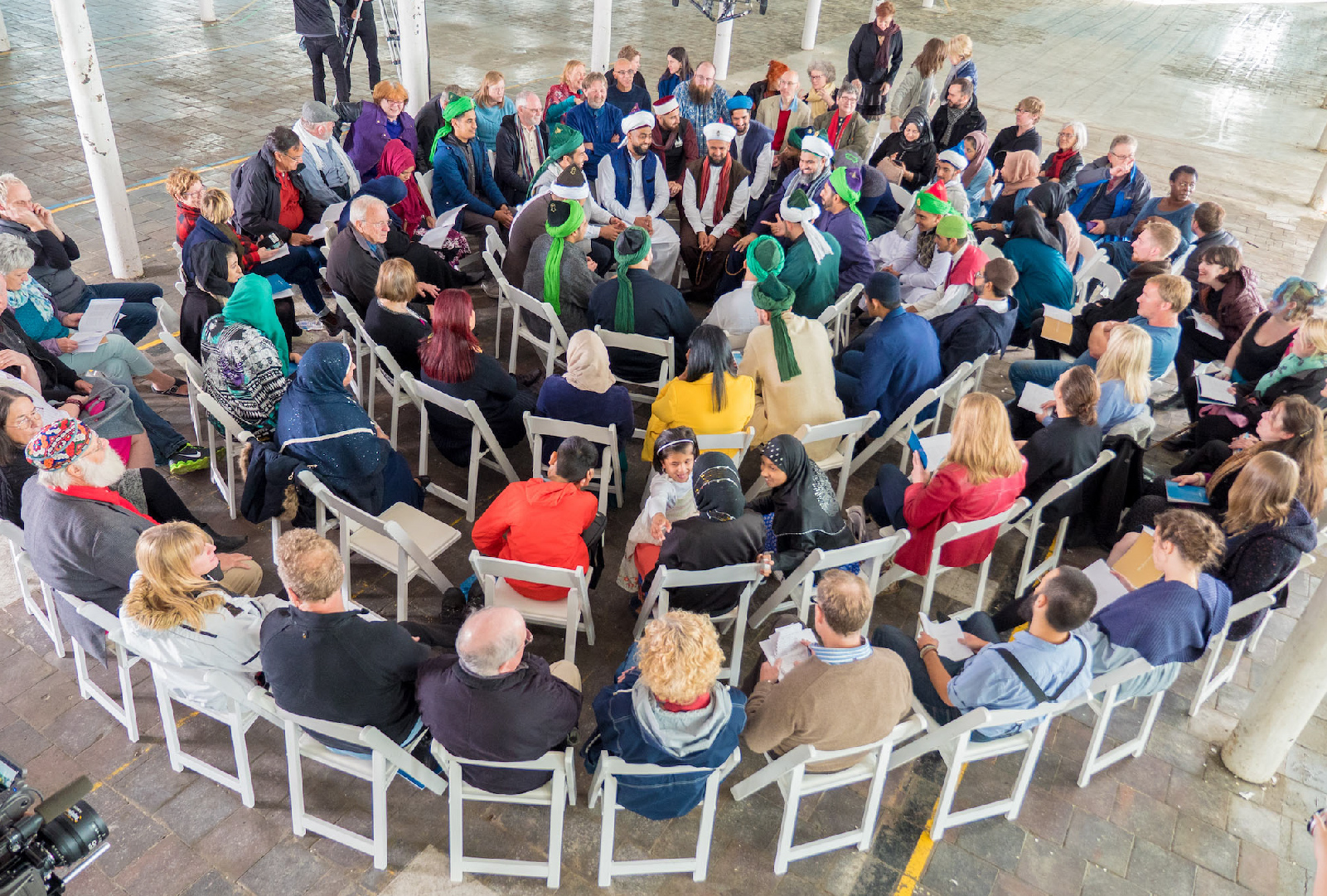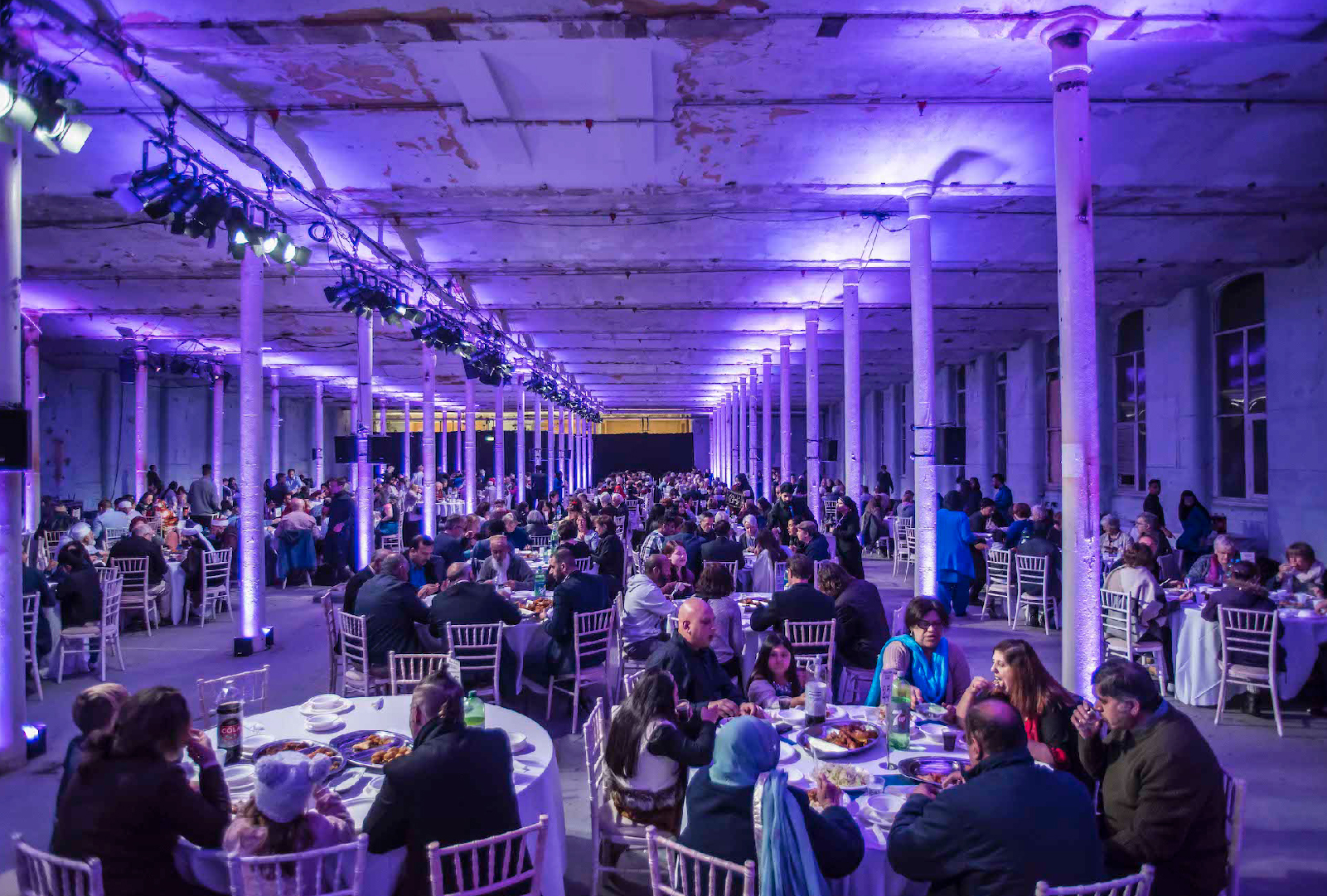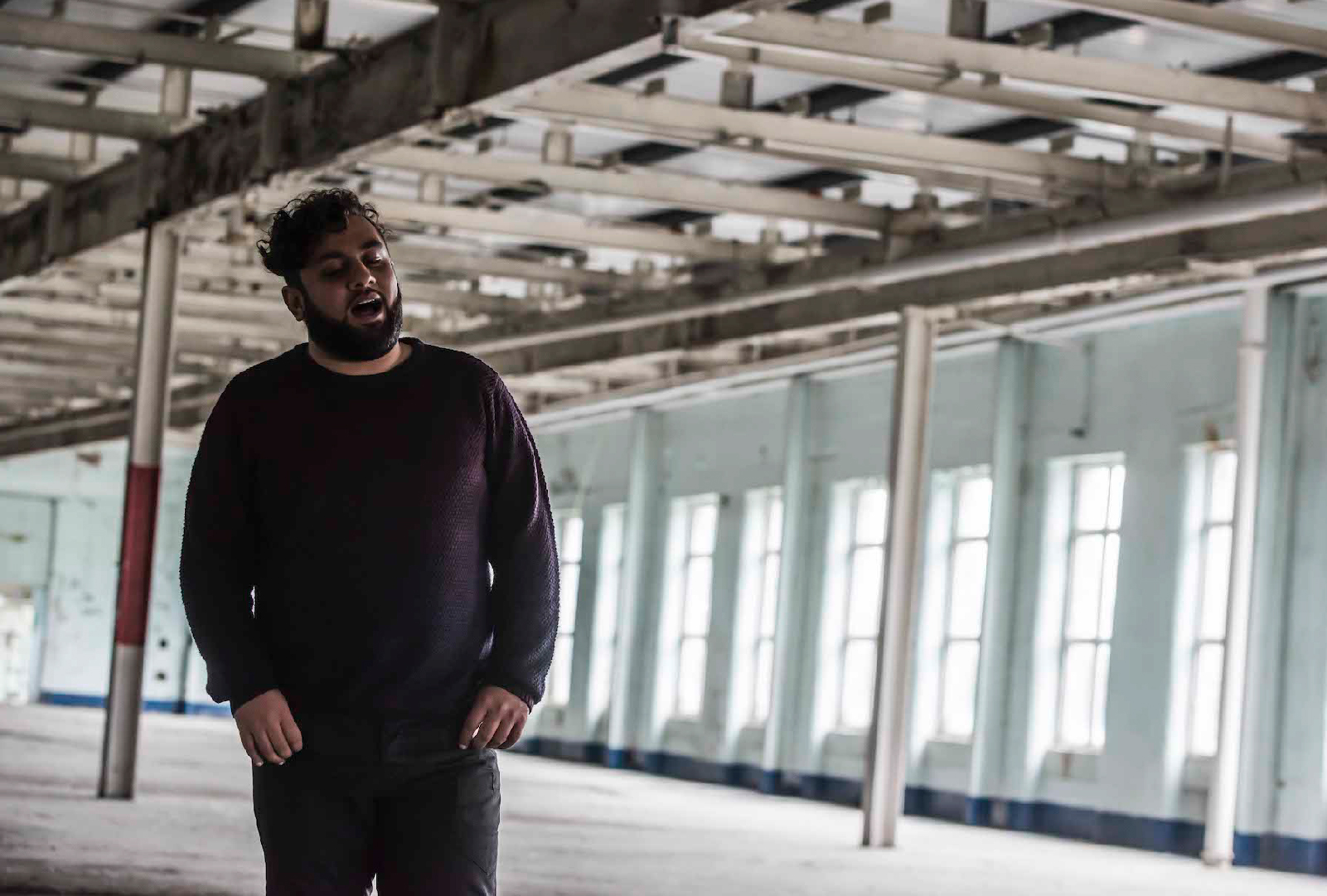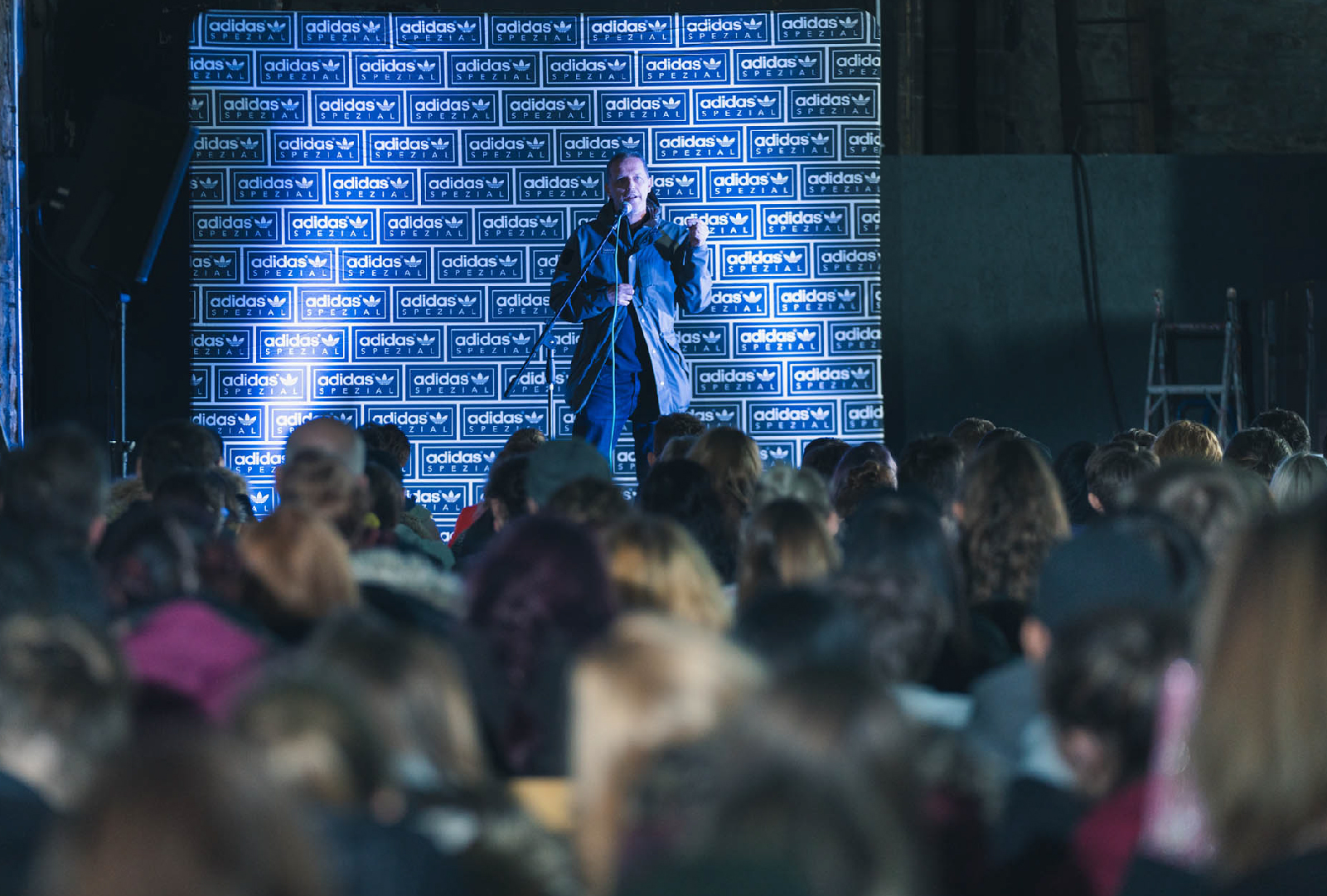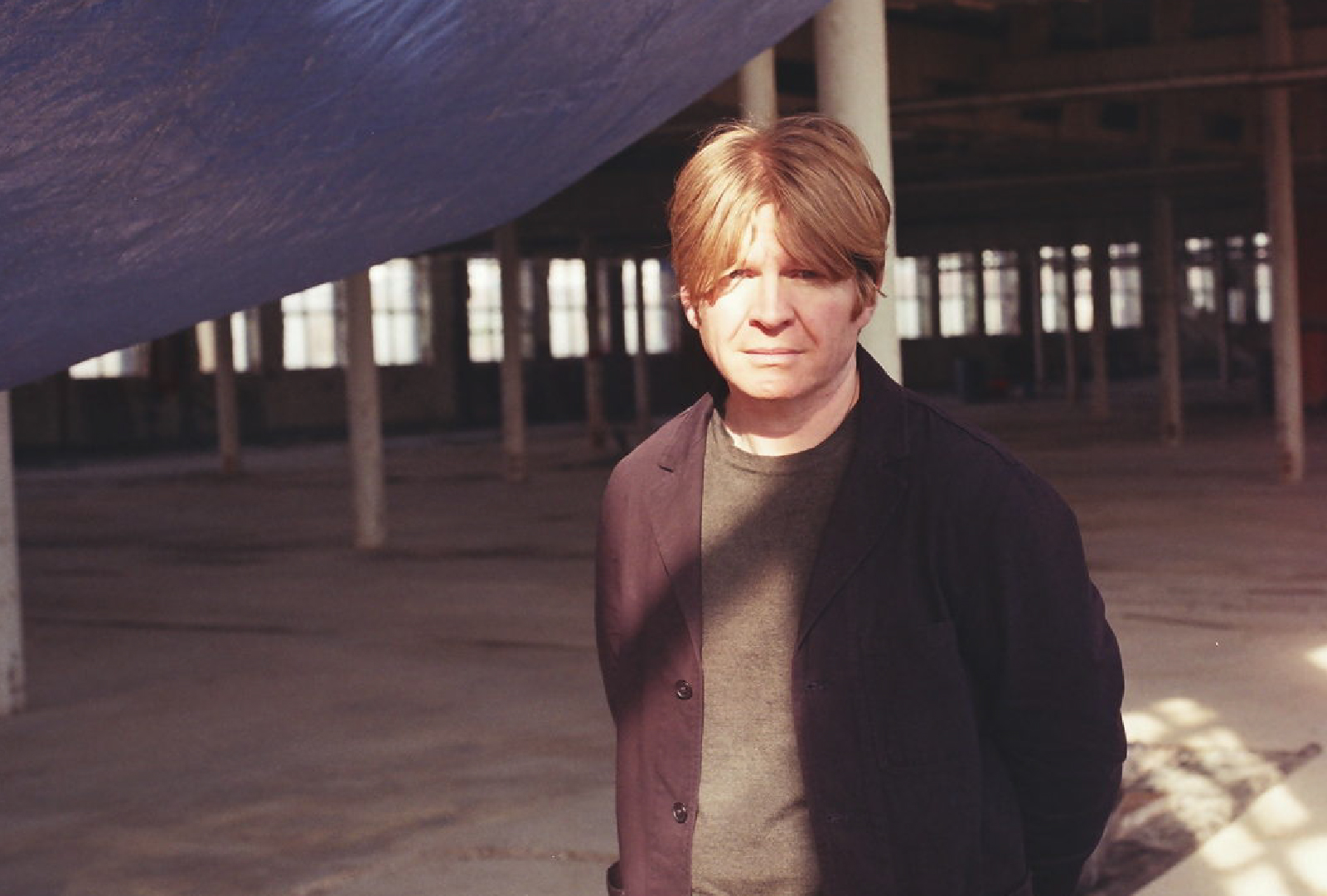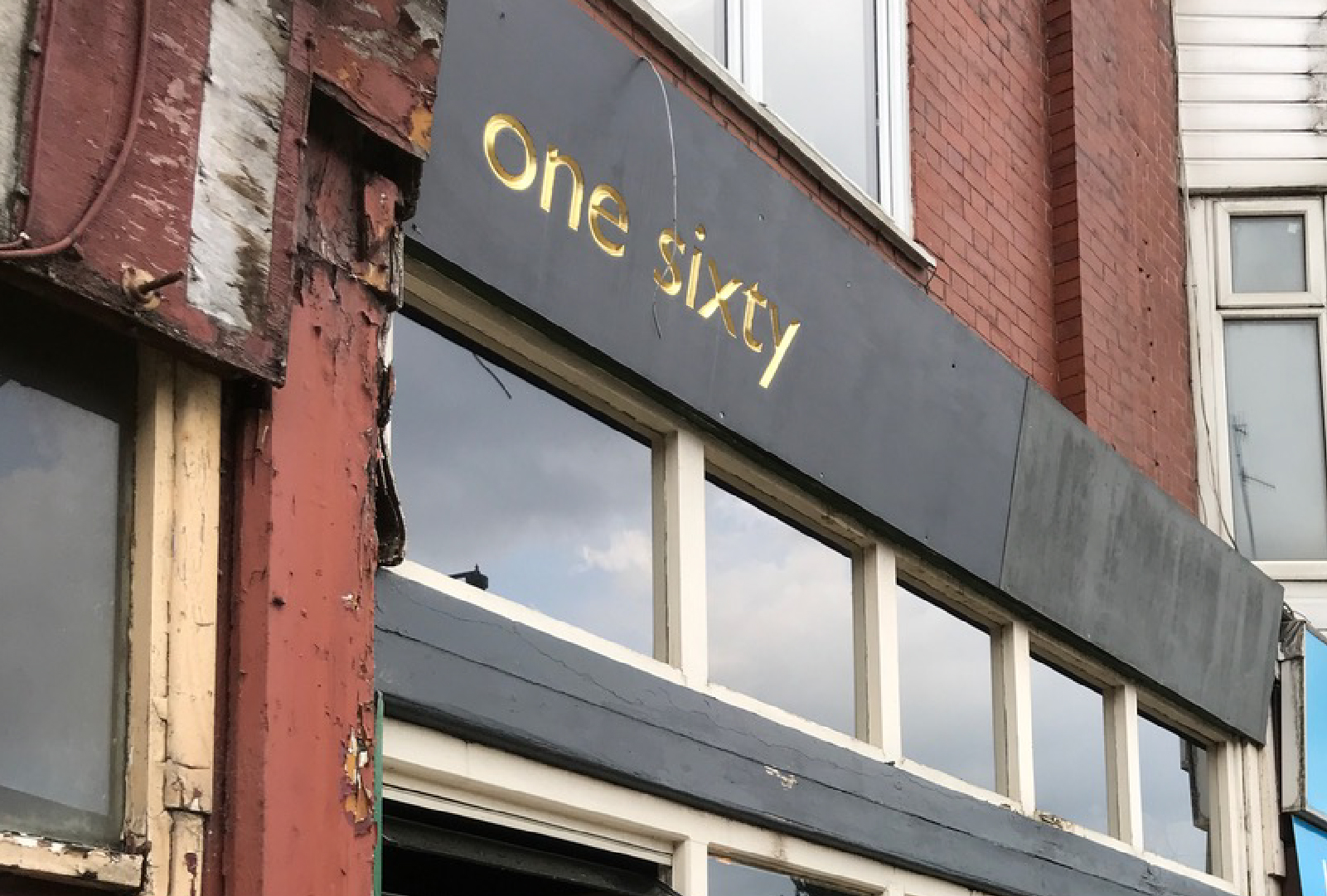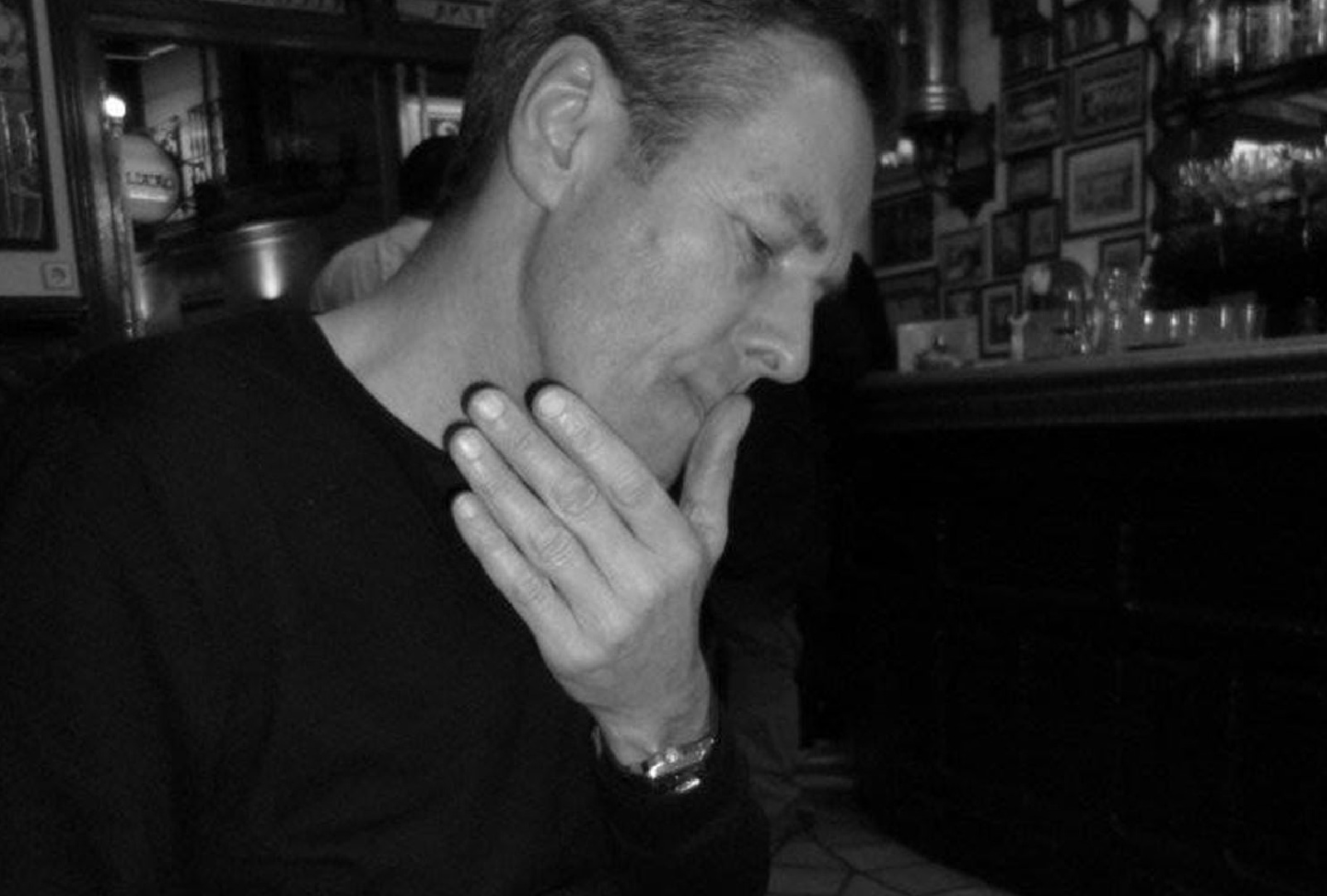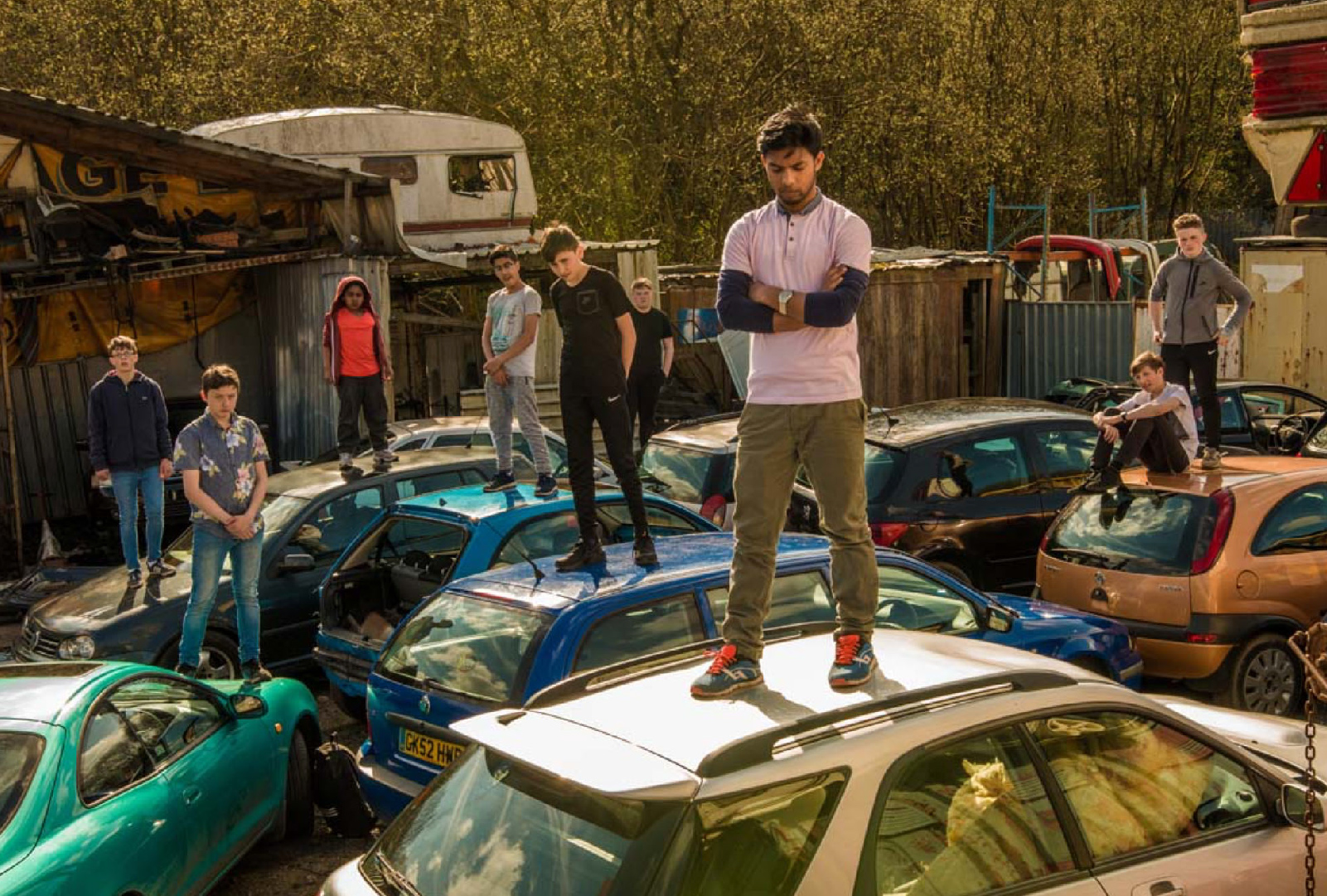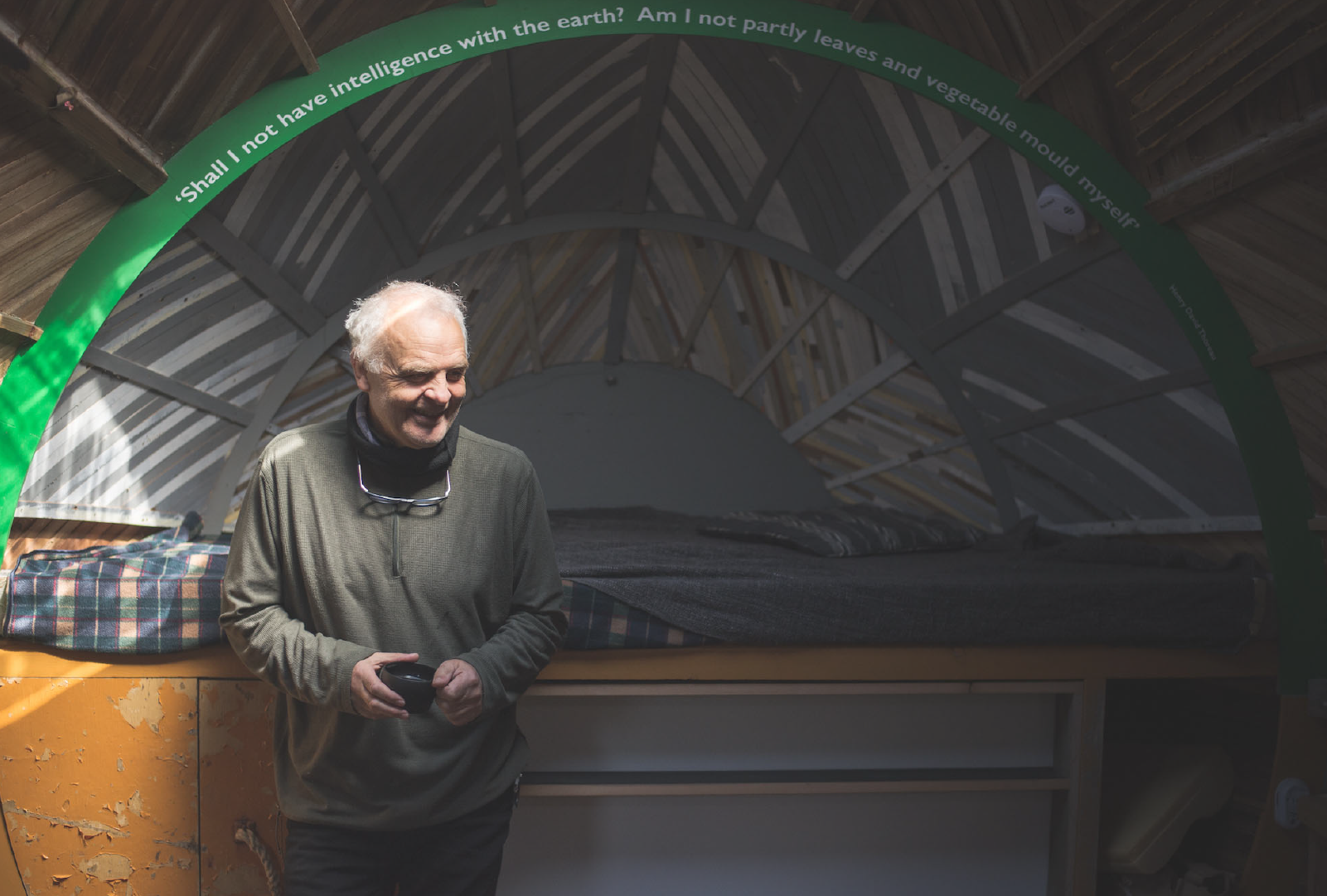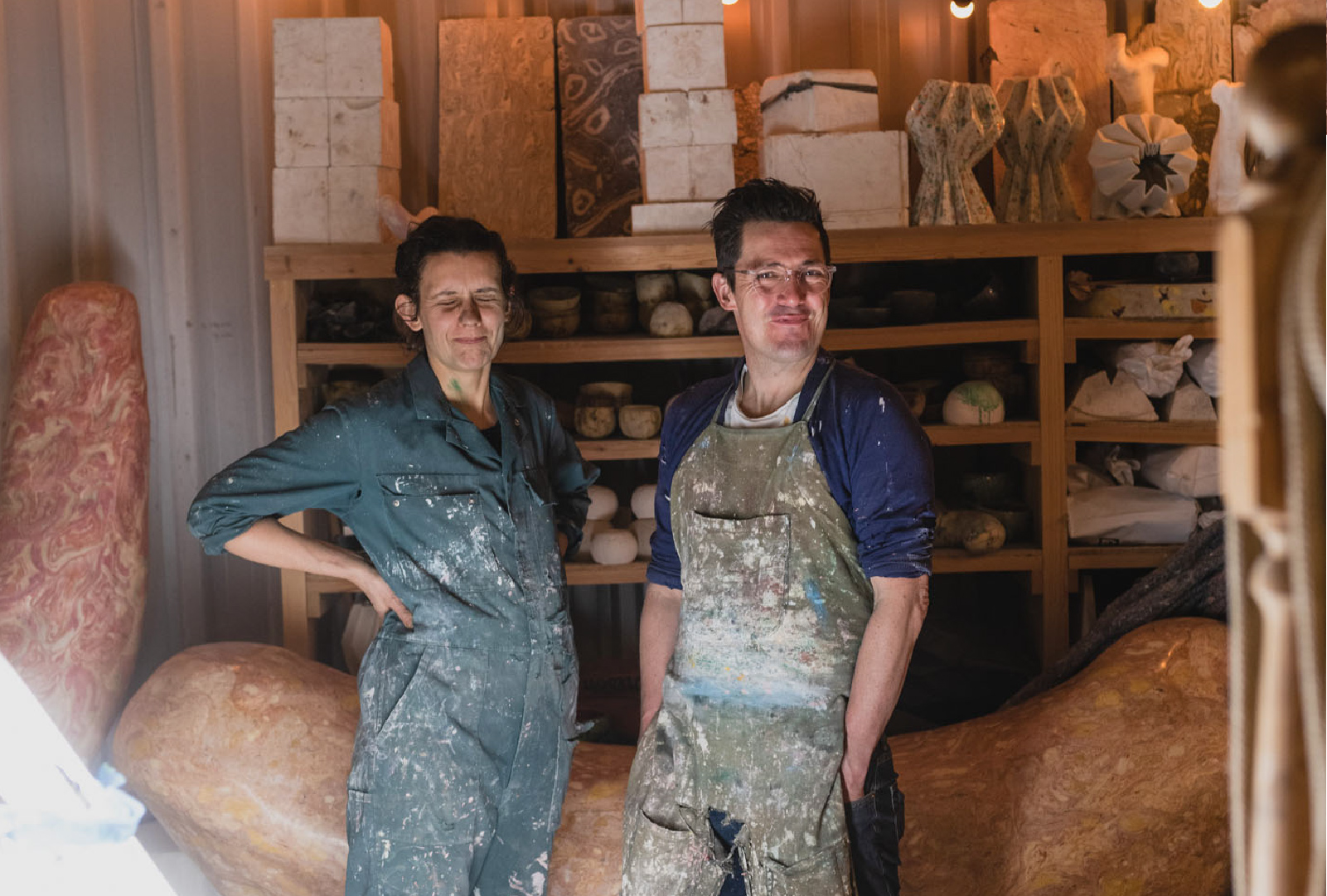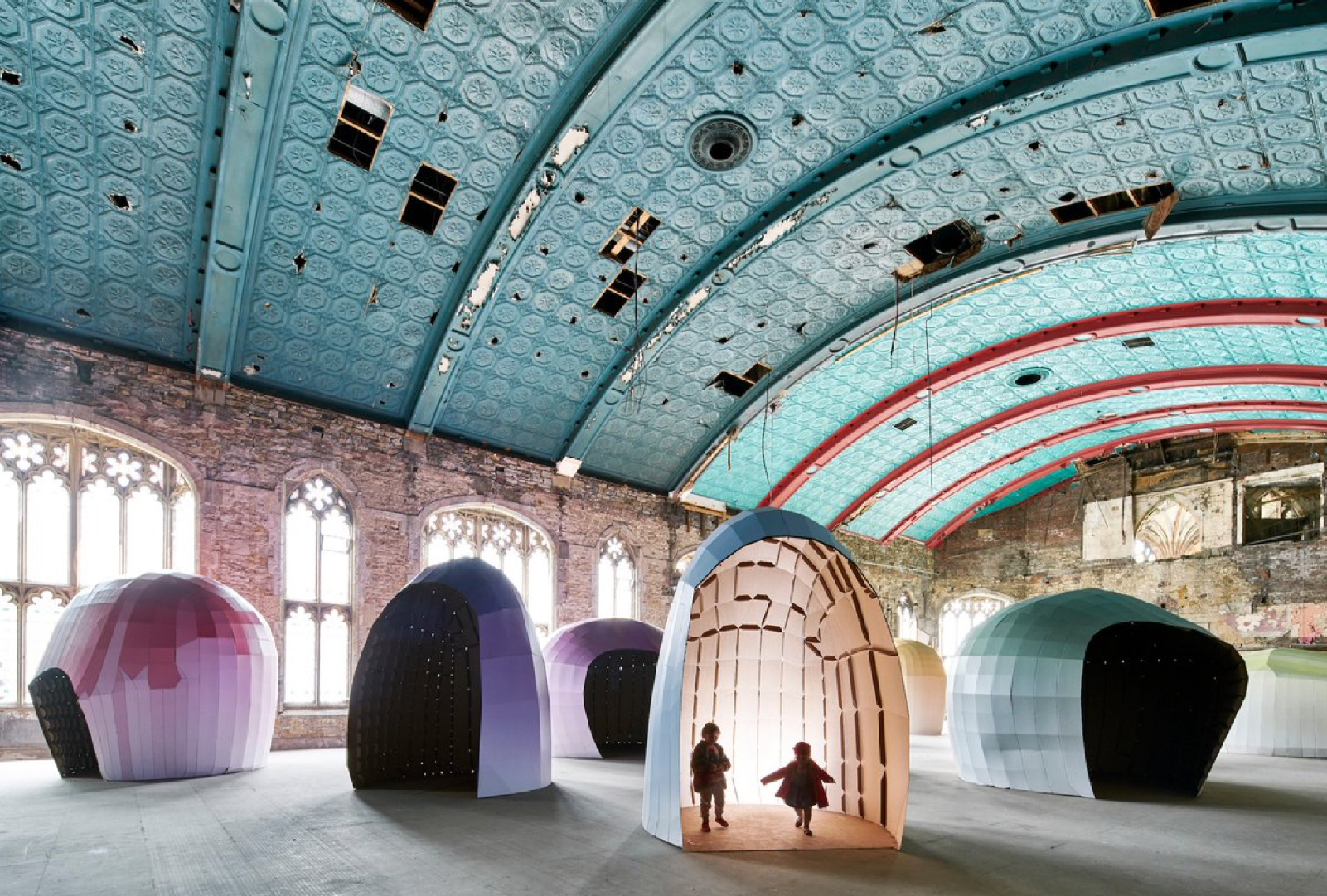IDLE
WOMEN
RACHEL ANDERSON AND CIS O'BOYLE
Idle Women is an arts and social justice project that creates vibrant and adventurous spaces with women, initiated in 2015 as a new artistic collaboration between Cis O'Boyle and Rachel Anderson to work outside the Institution in the North West. Idle Women co-create projects that combine site-specificity, sculpture, performance, cross-sector partnership & research.
Idle Women co-create projects that combine site-specificity, sculpture, performance, cross-sector partnership & research. Theirs was the first project to be commissioned by Super Slow Way and they reflect here on how it began and where it took them.
Q
You were both working in very prestigious art institutions in London before you came here - what drew you to working on the canal? And to East Lancashire?
Our original idea to create a touring womens art centre included a slightly naive idea about how much distance we could cover. We also started by approaching organisations and Institutions to partner us who we didn’t have previous connections with. We found that the prestigious Institutions we were working with in London didn’t have transferable value outside of London, many people hadn’t heard of (for example) Artangel so the reference didn’t necessarily encourage confidence or investment, it certainly held no weight in community or local authority contexts.
The decision to be canal based was a creative solution to the initial question we set ourselves, ‘how can we create spaces for women that can’t be cut, closed or taken away by anyone?’ The first part of this answer is about owning resources and a canal boat was something we knew we could just about afford to make happen.
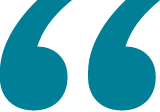
how can we create spaces for women that can’t be cut, closed or taken away by anyone?
Meeting Laurie was a turning point in our planning. Newly in post and with a remit to turn projects around whilst also setting up the infrastructure of Super Slow Way our offer of a relatively independent production which also promised active research into the realities of canal based public commissioning promised mutual values and purpose that strengthened our proposal. The relationship with Super Slow Way also offered a natural partnership with two other Creative People & Places projects in the North West and made sense of a journey that otherwise could have started anywhere.
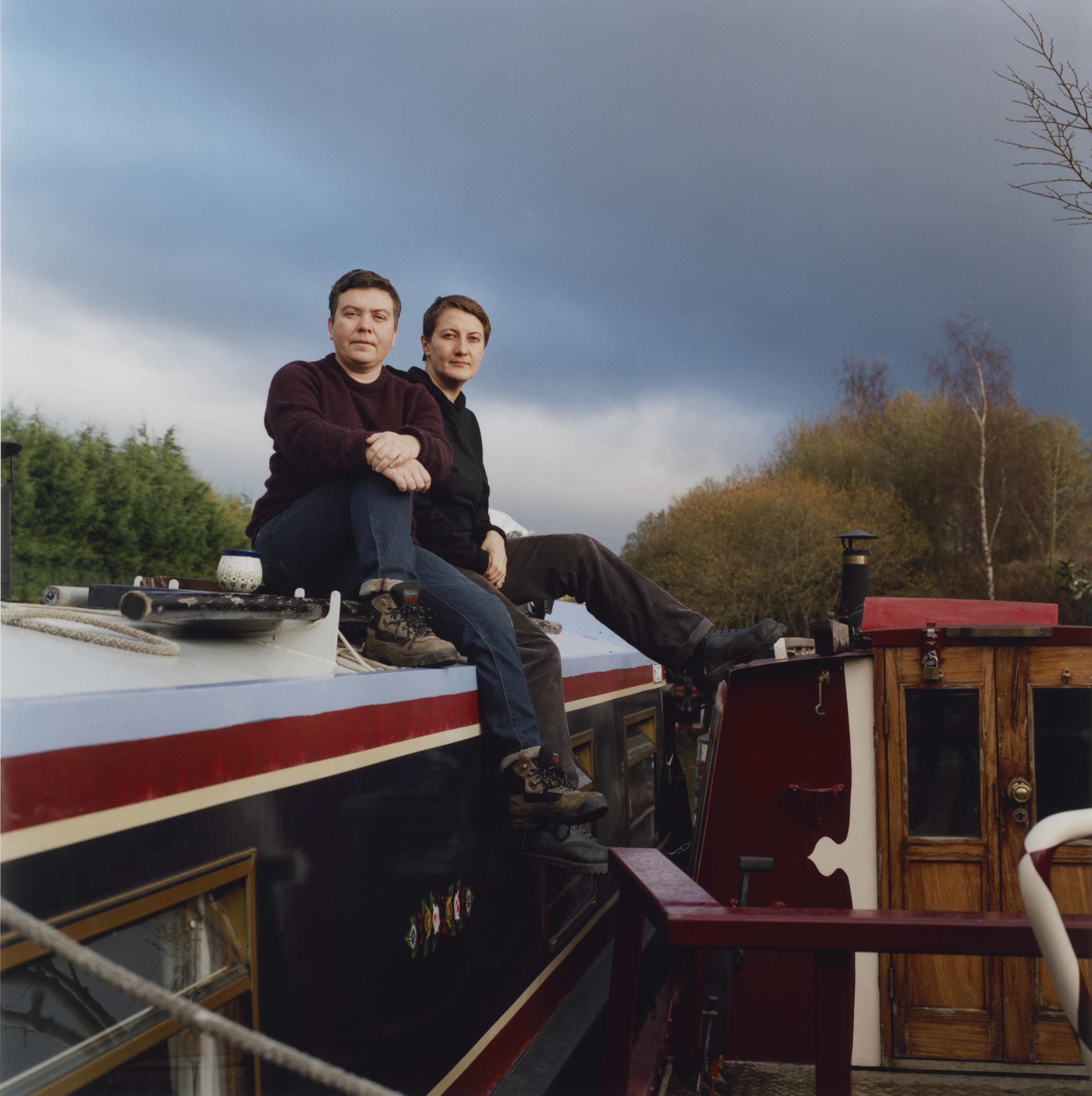
Idle Women 2016, Burnley. With artists Rachel Anderson and Cis Boyle
Photographer Dana Popa
What was your early experience of both? What were your biggest challenges?
Working without the protection and short cuts afforded by the Institution presented some tough challenges and plenty of additional labour.
We asked a great deal of ourselves, physically, intellectually, creatively, artistically and emotionally. Generating fast tracked multiple cross-sector relationships, arriving in a new location which was culturally completely different to the one we had left, maintaining a commitment to ambitious, relevant contemporary art in a context that is overwhelmed by needs generated from years of brutal austerity cuts, a profound ethical commitment not to parachute in but to co-create and find shared value, to complement existing structures and work but also to challenge and raise expectations, to enhance and transform, to actively work against deep structural violence by attempting not to reproduce gender, class and race hierarchies - all whilst living in a boundaryless public space that resulted in us being at work and available 24/7, and with no basic infrastructures in place (so having to knock on doors of local residents to ask to buy water to fill the boats, carrying rubbish to the tip, manually emptying toilets etc.)
Simultaneously we were hosting artists, working with women in profound states of crisis, isolation and need, administering an ambitious touring project, managing finances and fundraising, generating national and local press and trying to make friends and a new home for ourselves.
It was beyond exhausting and incidents of violence on the towpath which were regular and ranged from rape threats to break in’s often tipped us overboard.
There were many times when we missed the confidence of the Institution, the self assured voice that can walk away from something that is taking more from you than it returns. We had to find the strength to validate ourselves, to hold a much broader picture whilst completely consumed by multiple complex details.
We sought a supervisor who is NHS based and specialises in complex systems, her perspective and support alongside guidance and contextual framing by feminist historian Silvia Federici served as a lifeline to us.
What made you persevere? What need and potential did/do you see here?
We left our jobs, homes, friends and family and took on significant personal debts to establish Idle Women so we had to persevere. We drew on and exhausted our deeply pooled resources and learnt more than we thought we needed to.
We were acting from a place of hope, a commitment to something beautiful and an investment in love. If we can’t create beauty in the places that terrify us, then we have lost everything.
Creativity is transformational and art at its most truthful can make profound shifts. Art is what we know, it’s our contribution and expertise and it’s an incredible privilege to be able to immerse ourselves in practice and to collaborate in the ways that we do. Perhaps we didn’t realise at the start but to work beyond the Institution we needed to generate our own conditions and that was no small achievement.

Creativity is transformational and art at its most truthful can make profound shifts.
The presence of Super Slow Way and the connection to the sector that it bridges is essential for our creative growth, capacity and those of other practitioners in our region. Super Slow Way are not afraid of discomfort and they have held space for us during the most difficult periods.
The offer in Lancashire is the potential to create from the ground, to co-create new Art Institutions that take the past and future into account but are born of today, imagined with critical examination of colonisation, patriarchal inequalities, economic exploitation and class brutality and the ways these influence and determine our sector.
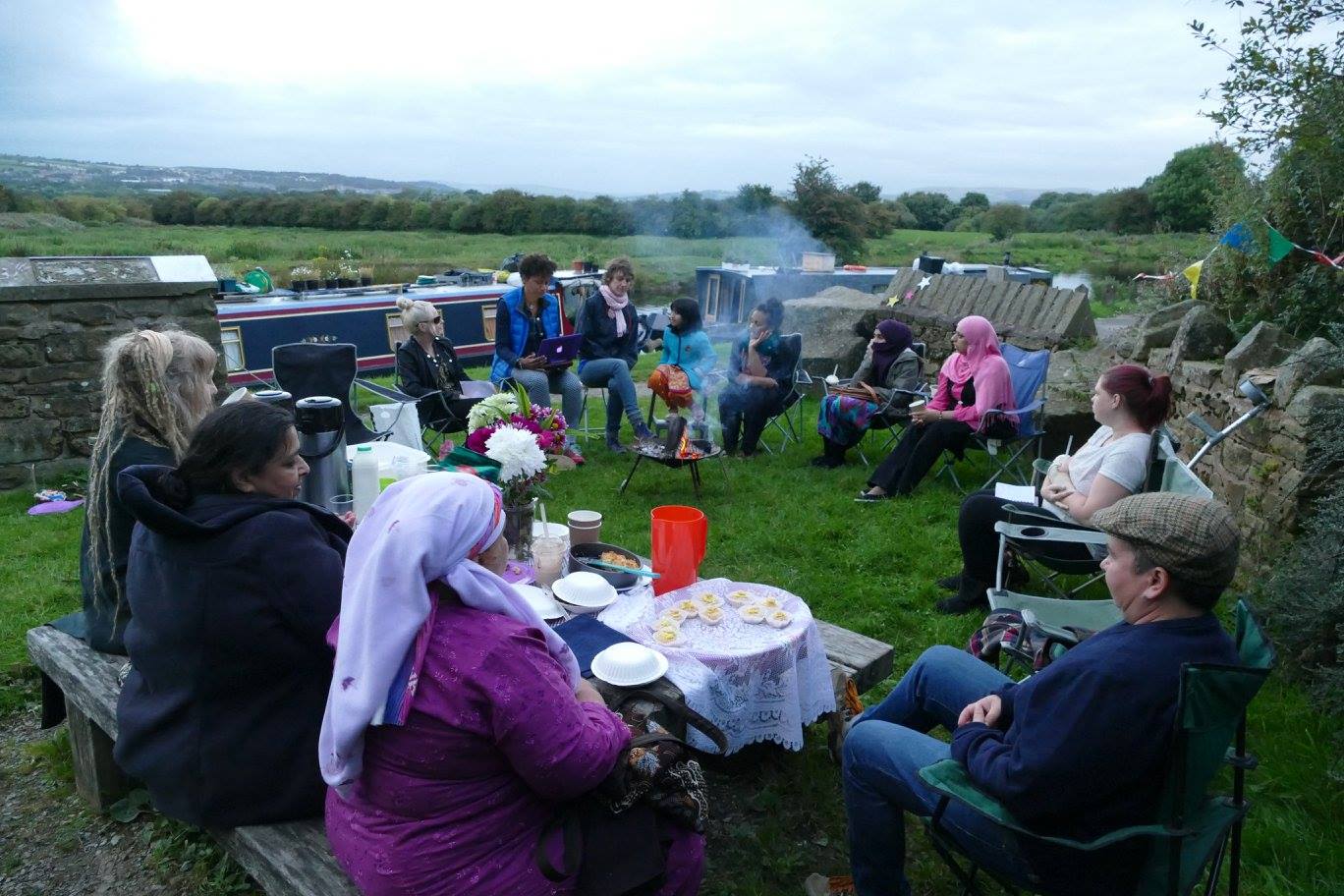
Idle Women 2016, Burnley. With artists Rachel Anderson and Cis Boyle
Photographer Dana Popa
What have been your most rewarding moments and your greatest achievements so far?
It’s been five years since we founded Idle Women and reflecting now on the start it’s rewarding to realise that the things we fought so hard to create have been established, it’s easier, we are more confident, we have worked out some boundaries, we are better at taking care of ourselves (still a work in progress).
We created Idle Women on the insistence that art could be created from the ground up, that Institutions could be born of community rather than entitlement and that quality did not have to be compromised if the word community was central. So, for many years we had to hold strong to this commitment and nurse ourselves through wavering artistic egos and personal frustrations but in the last year we have been able to step back and see what has grown. There is coherence now and with this comes long awaited artistic confidence that is rewarding soul food.
Receiving the Jerwood New Work fund to develop Petrichor, creating Power Tools, watching the physic garden take shape, it’s an abundant time creatively.
We have grown more stable and fundable, this year is the first year that we have a clear 12 months of (project) funds ahead and have been able to share the workload by taking on 4 additional freelance posts that we wish to secure and have just moved into a new space.

Super Slow Way has always supported and trusted us in our risk taking and like us cares deeply that their practice affects change for the long term.
When we go out and about and people know us, local women and neighbourhoods are invested in our projects. We have grown a local sisterhood of women who are like family now along with a cross sector network of women locally, regionally, nationally and internationally from here in Lancashire. Most importantly we really believe now that together we can create spaces of belonging. I guess you could call us ultimately hopeful.
We don’t conform, we’re unexpected, unconventional and speak the truth. This can be hard to hear in art circles that as a sector we’re not doing good enough and there is more, much more to do. It’s not an easy task to hold the mirror up to your peers. It’s a risk, we are proud to say that we genuinely take risks, often with great consequences but equally with great rewards. Super Slow Way has always supported and trusted us in our risk taking and like us cares deeply that their practice affects change for the long term.
How have the last four years informed and influenced your practice?
This is such a complicated thing to articulate. Like all deep transformations the last four years have broken and destroyed us and everything we knew about ourselves and our practice. A tsunami swept through our lives.
Our lived experience as women, as lesbians, as professionals and as artists have prepared and resourced us for the tide and it feels that now we are emerging with a new artistic clarity and confidence for the next phase of our practice together.
This period has tested us artistically and professionally and we feel a more solid trust in ourselves as practitioners.
Is there anything you miss about London that you can't find here or vice versa if you were to go back to working there?
We miss racial diversity, we miss holding hands in the street and the ease and confidence of being visible lesbians, we miss the cultural sector that fed our spirits - cinema, critical conversations, bookshops, galleries. We miss parties and friends and abundance. We miss good bread and feeling ‘cool’.
We miss a London that no longer exists. Either because it’s changed so drastically since we left or because we have changed so drastically or perhaps both.
Now we need the views from the hills, the closeness of seasons, perspective, half day Fridays, space in abundance, the honesty of people who have capacity for each other and friendliness and critically a more honest perspective of the society we live in.
Articles

